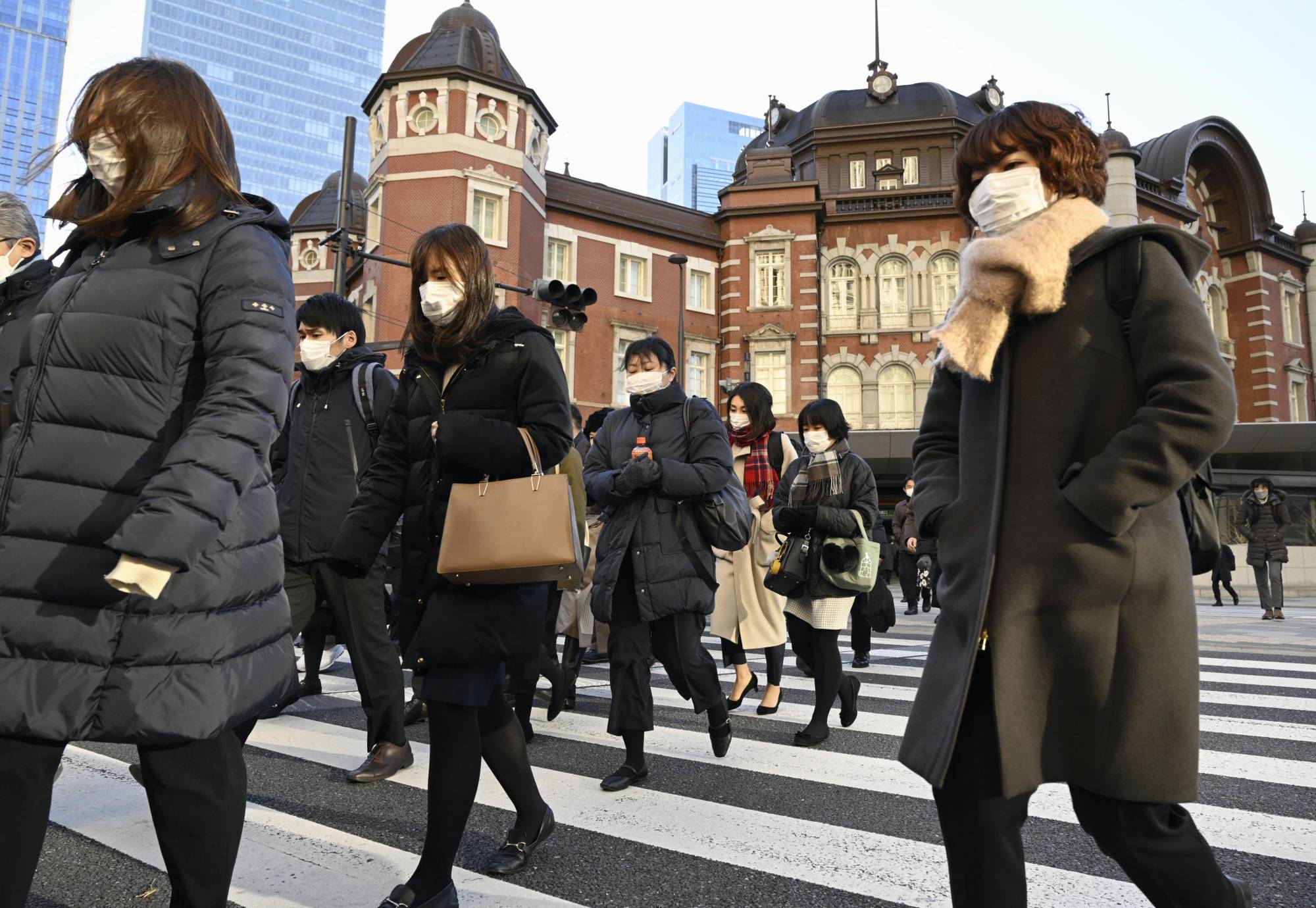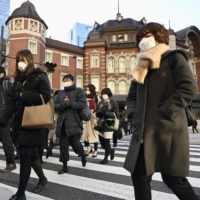Japan ranked a dismal 104th in the World Bank's latest report on women's economic opportunities, continuing to trail the rest of the Group of Seven countries on issues of gender equality.
The annual survey, covering 190 countries and territories, assesses gender gaps in laws and regulations across eight areas, including the workplace, pay, parenthood and entrepreneurship.
In the report, released Thursday, Japan scored an average of 78.8 out of 100, sharing the same score with other countries including the Philippines.
Japan did poorly in the categories of workplace and pay, scoring 50 and 20 out of 100 respectively, though it did get full marks for pensions and mobility.
Among other G7 members, Canada, Germany and France each scored 100 on the index, which means that women are on an equal legal standing with men in all of the areas measured. Italy and Britain followed with a score of 97.5, and the United States with 91.3.
Japan's ranking has continuously fallen, ranking 74th in the 2020 report, 80th in the 2021 report and 103rd in 2022.
Globally, the World Bank said the average score in the latest report was 77.1, an improvement of only half a point from the previous year's survey. It said that throughout the year, there had been only 34 gender-related legal reforms across just 18 of the countries surveyed, the lowest number since 2001.
"At the current pace of reform, it would take at least 50 years to approach legal gender equality everywhere," the international organization warned. "In many countries, a woman entering the workforce today will retire before she will be able to gain the same rights as men."
It added that worldwide, nearly 2.4 billion women of working age do not have the same rights as men. It called on countries to fix gender disparities, pointing out that women compose half of the world's population and that countries cannot afford to disregard them.




